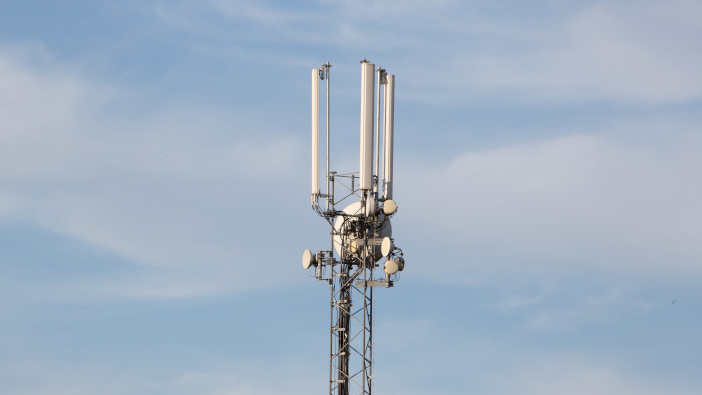Following a tribunal decision, landowners with telecommunication masts on their farms will see a significant increase in the rent paid.
The Upper Tribunal (Lands Chamber) has ruled to increase the standard rental value of unexceptional rural greenfield mast sites by more than 130%, from £750/yr to £1,750/yr.
Many had felt that the previous reform of the Electronic Communications Code in 2017 was weighted too heavily in favour of telecoms operators, who had argued that changes were required to enable them to invest in the UK’s digital infrastructure.
The trial related to the renewal of a lease at a Buckinghamshire site, with EE and Hutchison 3G being the tenants and AP Wireless I (UK), the landlord.
Paul Williams, Head of Telecoms at Carter Jonas, was appointed as the expert valuation witness for AP Wireless, and gave evidence to the tribunal.
He said: “This outcome moves the dial from the decision that was handed down by the Upper Tribunal in a case known as Dale Park in December 2020. That, and a subsequent decision in 2022 (Pendown Farm) suggested that a rental value of £750 was appropriate for what were considered to be “unexceptional” rural telecoms sites.
“Since the Dale Park decision, £750 per annum had been presented by telecoms operators to landowners as a fait accompli.
“If landowners objected, or challenged that figure, their only recourse was via tribunal at great risk and expense.
“Not only did the tribunal agree that the Dale Park decision needed to be looked at again, but it also informed us that the door isn’t shut if new evidence which does not offend the statutory basis of value for telecoms emerges. Aside from market evidence, the tribunal also sent a clear message that inflation should apply, including to those for other site types, such as rooftops.”
Given that these decisions date back four years, with high inflation rates during that period, increases will be significant.
“This will make a huge difference to many landowners who host telecoms sites, especially in rural settings, where the tribunal was persuaded that a greater-than-inflation increase should apply,” Paul said.
“This isn’t about extracting huge amounts of money from the operators; it’s about receiving a payment that is reasonable for the rights that are being granted, and the burdens that inevitably come with hosting telecoms, rather than a less intrusive tenant, or more passive use.”


